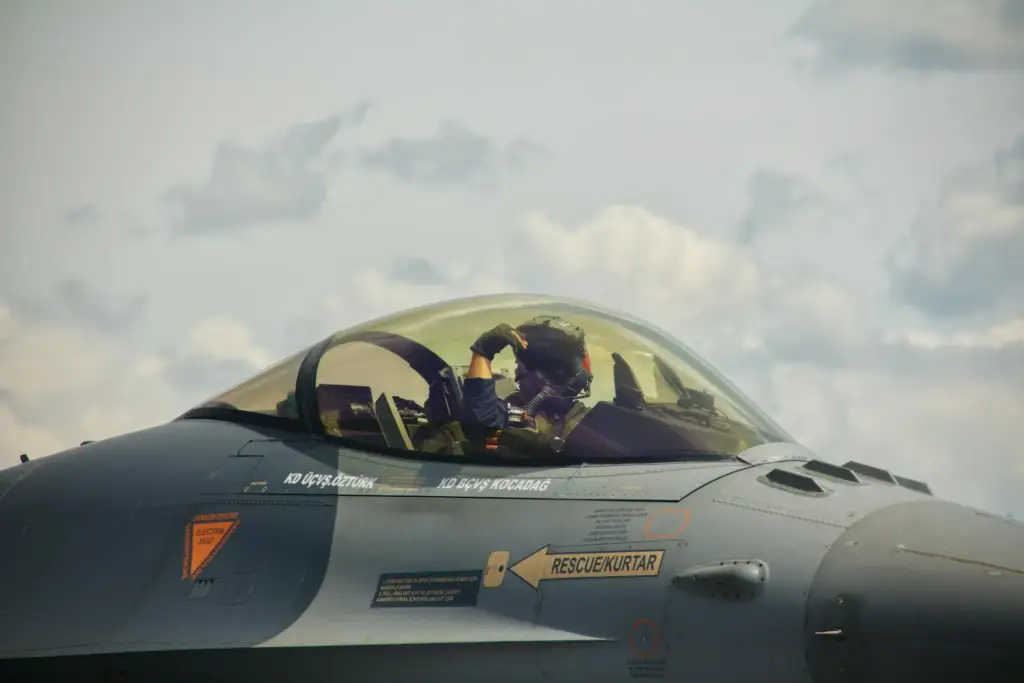The AI in the Aerospace Industry is revolutionizing the way challenges in space exploration and aviation are addressed. From flight optimization to autonomous decision making in space missions, artificial intelligence (AI) has become an indispensable tool for advancement in this sector. This article explores how AI in Aerospace is transforming both aviation and space exploration, highlighting key applications and their impact on the future of the industry.

AI in Space Exploration
AI in Aerospace has found fertile ground in space exploration. Space missions, whether manned or unmanned, face extremely complex challenges, and AI is helping to overcome them. One of the most prominent applications of AI in Aerospace is the autonomous navigation of spacecraft. AI enables these spacecraft to perform precise maneuvers without the need for human intervention, which is crucial when communications with Earth are limited due to distance.
In addition, AI in Aerospace is playing a key role in data collection and analysis in scientific missions. Exploration vehicles, such as rovers on Mars, use AI algorithms to analyze terrain, identify areas of scientific interest, and make real-time decisions about what samples to collect. This not only improves mission efficiency, but also increases the amount of useful data that can be obtained in a limited amount of time.
Another important application of AI in the Aerospace Industry is prediction and risk management. Space missions are extremely costly and risky, and AI helps to predict potential system failures and develop solutions before they become critical problems. This is particularly relevant in manned missions, where astronaut safety is paramount.
AI in Aviation
AI in Aerospace is also having a significant impact on aviation, improving efficiency, safety and flight experience. One of the most notable applications of AI in aviation is flight path optimization. AI algorithms analyze large volumes of data, such as weather conditions, air traffic and fuel consumption, to plan the most efficient routes. This not only reduces operating costs for airlines, but also contributes to environmental sustainability by reducing carbon emissions.
On the safety side, AI in Aerospace is improving the detection and prevention of aircraft system failures. Predictive maintenance systems, powered by AI, can identify signs of wear on critical components before they fail, enabling more proactive maintenance. This not only improves flight safety, but also reduces aircraft downtime and repair costs.
In addition, AI in Aerospace is transforming the passenger experience. AI systems are being used to personalize in-flight services, from entertainment to meals, based on passenger preferences and behaviors. This creates a more enjoyable and personalized in-flight experience, which is increasingly important in a competitive market.
Challenges and Future of AI in the Aerospace Industry
Although AI in the Aerospace Industry offers innumerable benefits, it also poses significant challenges. One of the main challenges is the need to ensure the safety and reliability of AI systems. In an environment where errors can have catastrophic consequences, it is crucial that AI systems are extremely robust and well designed.
Another challenge is the integration of AI in Aerospace with existing systems. Looking ahead, AI in Aerospace promises to further revolutionize aviation and space exploration. In aviation, we are likely to see an increase in the use of autonomous drones and UAVs for a variety of applications, from cargo delivery to passenger transportation. In space exploration, AI will play a key role in missions to more distant destinations, such as Mars and beyond, where autonomous decision making will be crucial to mission success.
The future also came for the aerospace industry
AI in Aerospace is transforming both aviation and space exploration, offering innovative solutions to some of the industry’s most complex challenges. From flight path optimization to autonomous deep space navigation, AI is helping to take the aerospace industry to new heights. As technology continues to evolve, AI in Aerospace is likely to play an increasingly important role in advancing space exploration and aviation, opening up new possibilities and improving the efficiency and safety of operations across the industry.

